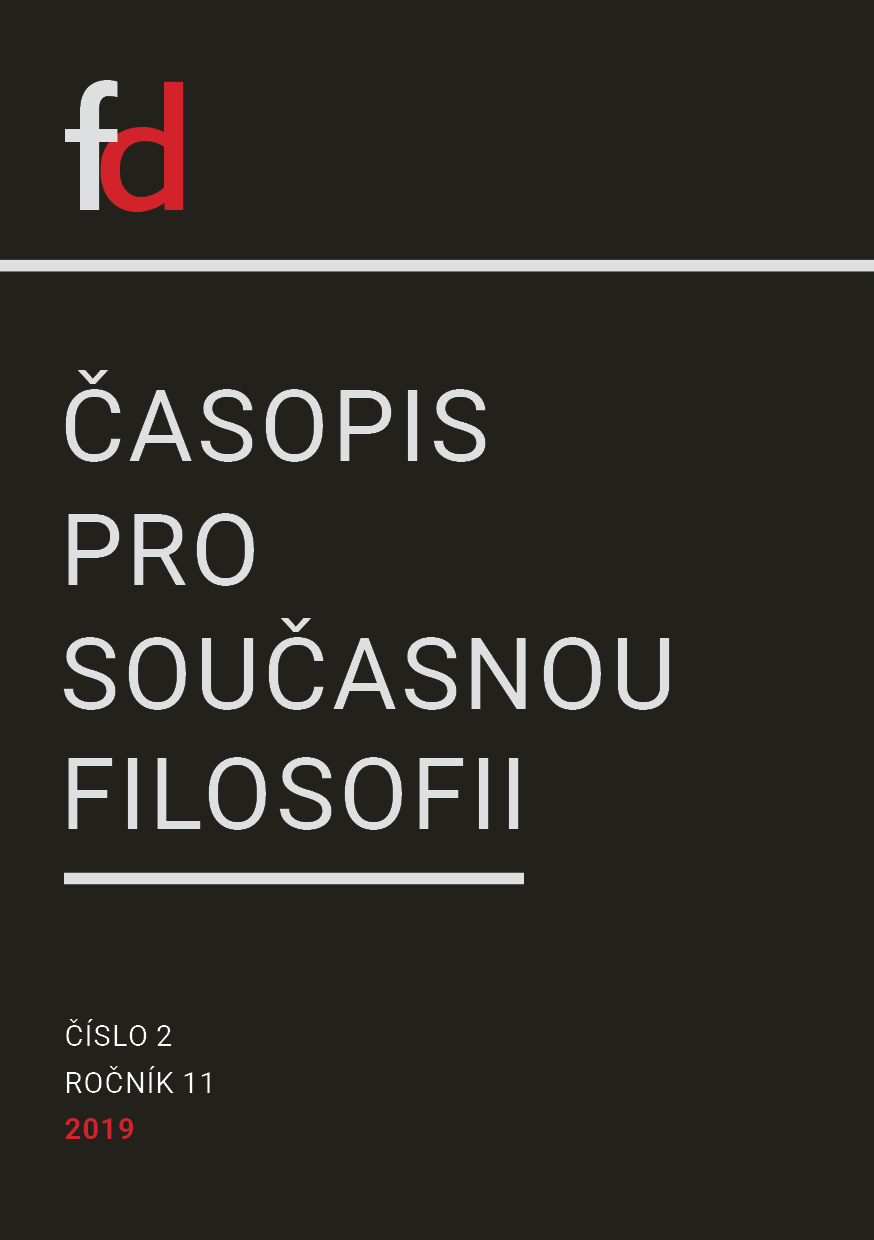Reflexivity and propositional attitudes
DOI:
https://doi.org/10.26806/fd.v11i2.249Abstract
The theory of direct reference leads to some problematic consequences about propositional attitudes. One paradoxical consequence is shown on the example of Lois Lane. Given her belief that Superman is stronger than Clark Kent, we are apparently forced to deduce that she also believes that there is someone with a property that he is stronger than he actually is. No rational being would commit to the belief that there is someone with this impossible property. The deduction is based on the notion of reflexivity. This paper explores solutions of how reflexivity is obtained within semantic content and how the paradox can be resolved. First two contemporary options are analyzed: Reflexivity is either a semantic property of relations or that of anaphorical pronouns. Both options are refuted on the basis that reflexivity cannot be part of semantic information in sentences describing relations between the contents of two coreferential singular terms because knowledge about identity of reference is not a condition of semantic competence.
Afterwards a solution is presented according to which reflexivity is only part of the pragmatic content. In the given examples, reflexivity can only be obtained with speakers coordinating their shared knowledge.
Downloads
Published
Issue
Section
License
Authors who publish in this journal agree that:
1. Authors retain copyright and guarantee the journal the right of first publishing. All published articles are licensed under the Creative Commons Attribution license, which allows others to share this work under condition that its author and first publishing in this journal was acknowledged.
2. Authors may enter into other agreements for non-exclusive dissemination of work in the version in which it was published in the journal (for example, publishing it in a book), but they have to acknowledge its first publication in this journal.
3. Authors are allowed and encouraged to make their work available online (for example, on their websites) as such a practice may lead to productive exchanges of views as well as earlier and higher citations of published work (See The effect of open access).


